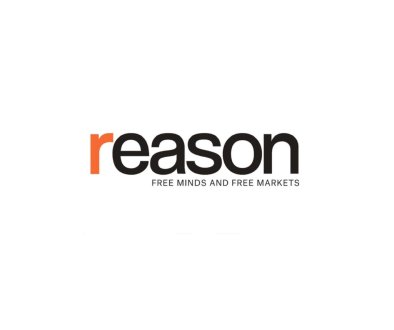Setting the Wayback Machine to 1995: “Cheap Speech and What It Will Do”: What Will Happen to Advertising (Both Commercial and Political)
[This is an excerpt from my 1995 Yale Law Journal article “Cheap Speech and What It Will Do,” written for a symposium called “Emerging Media Technology and the First Amendment.) Thirty years later, I thought I’d serialize the piece here, to see what I may have gotten right—and what I got wrong.]
The new technologies will have at least three significant effects on advertising:
First, it will be easier and cheaper to have advertising-free media. Consumers generally don’t like commercials on radio and TV, because (unlike in newspapers) the ads interrupt the program content. Some consumers dislike commercials enough that they would be willing to pay extra for advertising-free media, as they now do for some cable movie channels.
Other consumers would prefer to have free (or cheaper) entertainment, and would be willing to sit through the commercials to get it. Still, as the costs of providing services-such as custom-mix cable radio-fall, the amount of advertising on free services will fall, too, as services compete with one another based on how few commercials they have.
Advertisements in newspapers and magazines are less intrusive, so there’ll be less pressure to reduce their quantity. Some publications might refuse ads to prove their independence from outside pressure, but this seems unlikely to become common.
Second, newspapers will lose a vast amount of classified ad revenue. This revenue accounted for forty percent of total newspaper ad revenue in the late 1980’s; one commentator proje
Article from Reason.com

The Reason Magazine website is a go-to destination for libertarians seeking cogent analysis, investigative reporting, and thought-provoking commentary. Championing the principles of individual freedom, limited government, and free markets, the site offers a diverse range of articles, videos, and podcasts that challenge conventional wisdom and advocate for libertarian solutions. Whether you’re interested in politics, culture, or technology, Reason provides a unique lens that prioritizes liberty and rational discourse. It’s an essential resource for those who value critical thinking and nuanced debate in the pursuit of a freer society.



